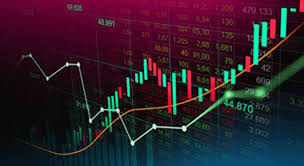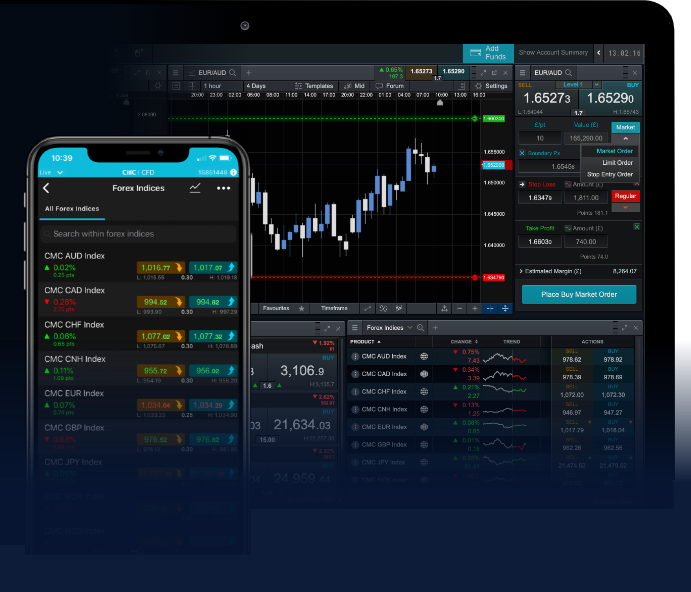
In the world of financial markets, forex trading stands out as one of the most dynamic and accessible avenues for aspiring traders. This article serves as a comprehensive guide to forex trading education exglobal.pk, illuminating the path toward becoming a proficient trader in the foreign exchange market. Whether you are a complete novice or looking to sharpen your existing skills, understanding the intricacies of forex trading is crucial for long-term success.
Understanding Forex Trading
Forex, or foreign exchange, refers to the global marketplace for buying and selling currencies. It operates 24 hours a day, five days a week, and allows traders to exchange one currency for another, with the aim of profiting from fluctuations in currency values. Unlike stock markets, forex trading is decentralized and primarily conducted over-the-counter (OTC) through electronic networks and brokers.
Key Concepts in Forex Trading
Currency Pairs
Forex trading is conducted in currency pairs, such as EUR/USD or GBP/JPY. Each pair consists of a base currency (the first currency) and a quote currency (the second currency). The exchange rate represents how much of the quote currency is needed to purchase one unit of the base currency. Understanding how to interpret these pairs is fundamental for any trader.
Leverage and Margin
Leverage is a powerful tool in forex trading that allows traders to control larger positions with a smaller amount of capital. For example, a leverage ratio of 100:1 means that for every $1 in your account, you can control $100 in the market. While this can amplify profits, it also increases the risk, making education on proper risk management essential.
Tools and Resources for Learning
Online Courses and Webinars
There are numerous online courses and webinars available for free or at a low cost that cover the basics of forex trading. These resources can provide valuable insights, helping you understand key concepts, technical analysis, trading strategies, and risk management practices.
Trading Simulators

Many brokers offer demo accounts where you can practice trading with virtual money. This is an excellent way to gain hands-on experience without risking real capital. Using a trading simulator can help you develop your strategies while familiarizing yourself with the trading platform.
Developing a Trading Strategy
Technical vs. Fundamental Analysis
Successful forex traders often rely on two main forms of analysis: technical analysis and fundamental analysis. Technical analysis involves studying price charts and indicators to forecast future price movements. In contrast, fundamental analysis focuses on economic indicators, news events, and geopolitical factors that can influence currency values.
Creating a Trading Plan
A well-defined trading plan is crucial for successful trading. Your plan should outline your trading goals, risk tolerance, time commitment, and the strategies you intend to use. Consistently following your plan helps reduce emotional decision-making, making your trading more disciplined and structured.
Risk Management in Forex Trading
Understanding Risks
Forex trading involves significant risks, and understanding these risks is essential for protecting your capital. Volatility, leverage, and market sentiment can all impact your trades, sometimes in unpredictable ways. Proper risk management strategies include setting stop-loss orders, diversifying your trades, and only risking a small percentage of your capital on each trade.
Emotional Discipline
One of the most challenging aspects of trading is maintaining emotional discipline. Fear and greed can cloud your judgment, leading to impulsive decisions. Developing a mindset focused on long-term success rather than short-term gains can help you stick to your trading plan and improve your overall performance.
Continuous Learning and Adaptation
The forex market is constantly evolving, influenced by economic, political, and social changes around the globe. Staying informed about market conditions, economic reports, and global events is crucial for adapting your strategies. Continuous learning through books, forums, and networking with other traders can also enhance your knowledge and skills.
Conclusion
Forex trading education is an ongoing journey that requires dedication, discipline, and a proactive approach to learning. By understanding the key concepts, utilizing available resources, developing a strong trading plan, and implementing effective risk management strategies, you can navigate the complexities of the forex market with confidence. Remember, every trader experiences losses at some point; the key is to learn from these experiences and continually strive for improvement. With the right mindset and education, you can achieve your trading goals and participate successfully in the forex market.